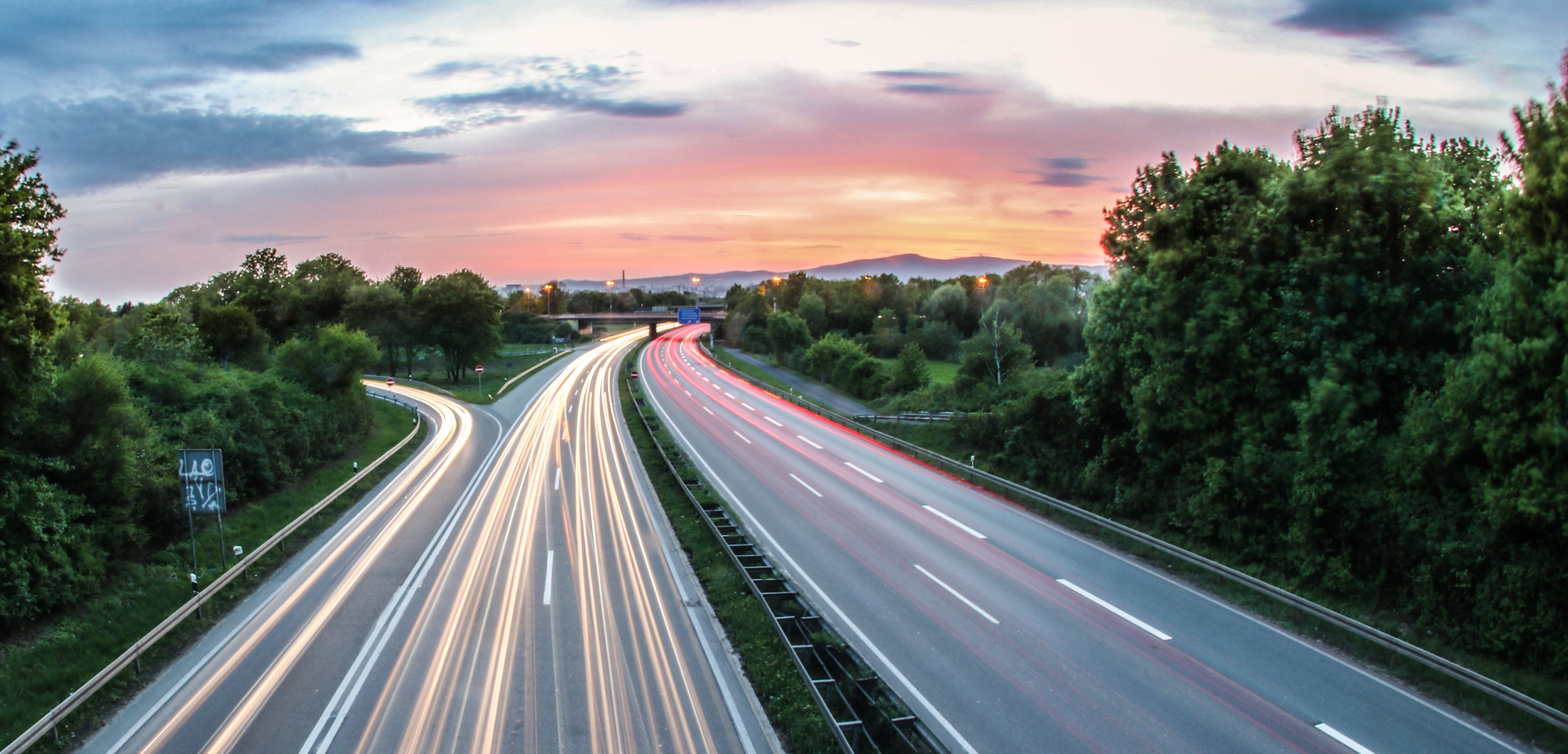Image credit: The Bosco Verticale (Vertical Forest) in Milan, Italy. Photo by Mattia Spotti on Unsplash
The Resilient Cities Network (R-Cities) announced a new tool on Thursday called the Resilient Infrastructure Diversity and Equity (RIDE) Scorecard.
Beginning in 2022, cities can use the tool to work with R-Cities, testing resilient infrastructure projects to see how they score in terms of climate-readiness, green job creation and social and racial equity. This initiative is a reminder for transportation infrastructure officials, engineers and contractors that lack of resilient infrastructure carries a significant societal cost—not just an immediate financial one.
The RIDE Scorecard comes at a time when the United Nations is calling upon the world to “build back better” as countries aim to rebuild their economies with resilience and equity top of mind. In the U.S., the Biden administration has emphasized the need to “reconnect neighborhoods cut off by historic investments,” as part of its American Jobs Plan—a reference to the Black and Brown communities across the country that were destroyed to make room for highways following passage of the Federal Aid Highway Act of 1956.
By using the RIDE Scorecard, the Resilient Cities Network hopes cities can plan infrastructure projects that right some of the wrongs from past infrastructure investments while also accounting for the impacts of an increasingly hotter planet.
“Infrastructure projects need to be designed to meet the needs of communities and people first,” said Executive Director of Resilient Cities Network Lauren Sorkin, according to a press release published Thursday morning. “Urban resilience is not only about structures that can withstand extreme weather and other shocks and stresses—it's primarily about improving the quality of life for all city dwellers on an ongoing basis.”

Some cities are already working toward this model of highway and infrastructure development, offering a glimpse of what might be possible with more equitable and resilient planning considerations.
In Vancouver, British Columbia, the city government is working with a local non-profit called Hogan’s Alley Society to rebuild an historically Black community destroyed by urban renewal projects in the 1960s. This plan to rebuild Hogan’s Alley focuses on walkability, affordable housing, green space and honoring the history of Black Vancouverites through the construction of a Black Cultural Centre.
While Vancouver’s plans for Hogan’s Alley date back to 2017, a tool like the RIDE Scorecard could prove to be a valuable resource for departments of transportation working with city planners to build more resilient, sustainable and equitable communities.
You can read the full press release from the Resilient Cities Network here.





Comment